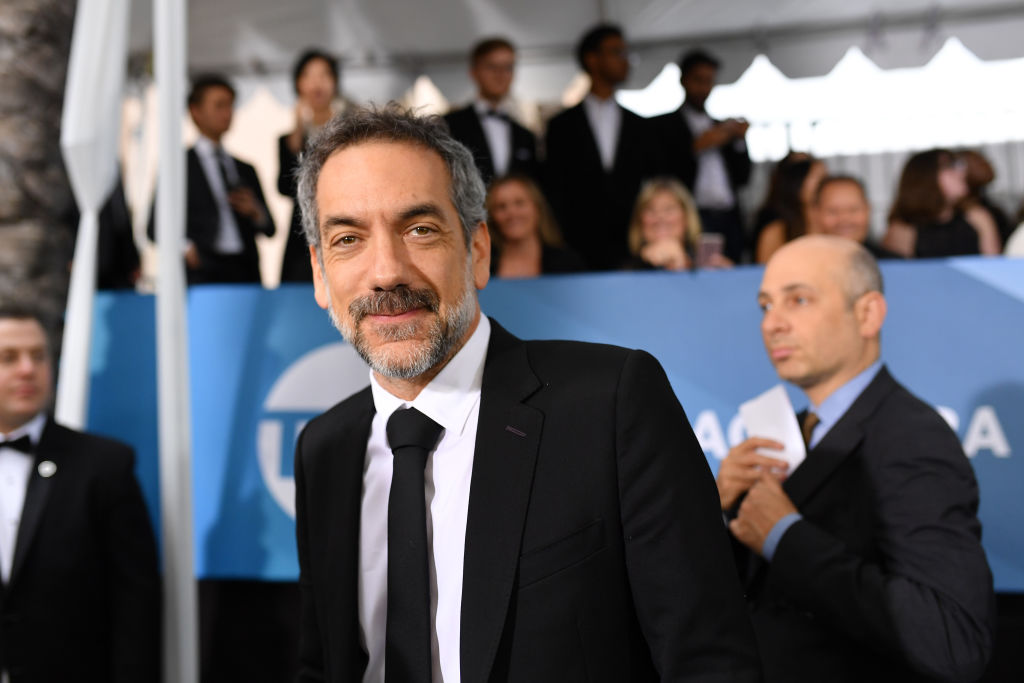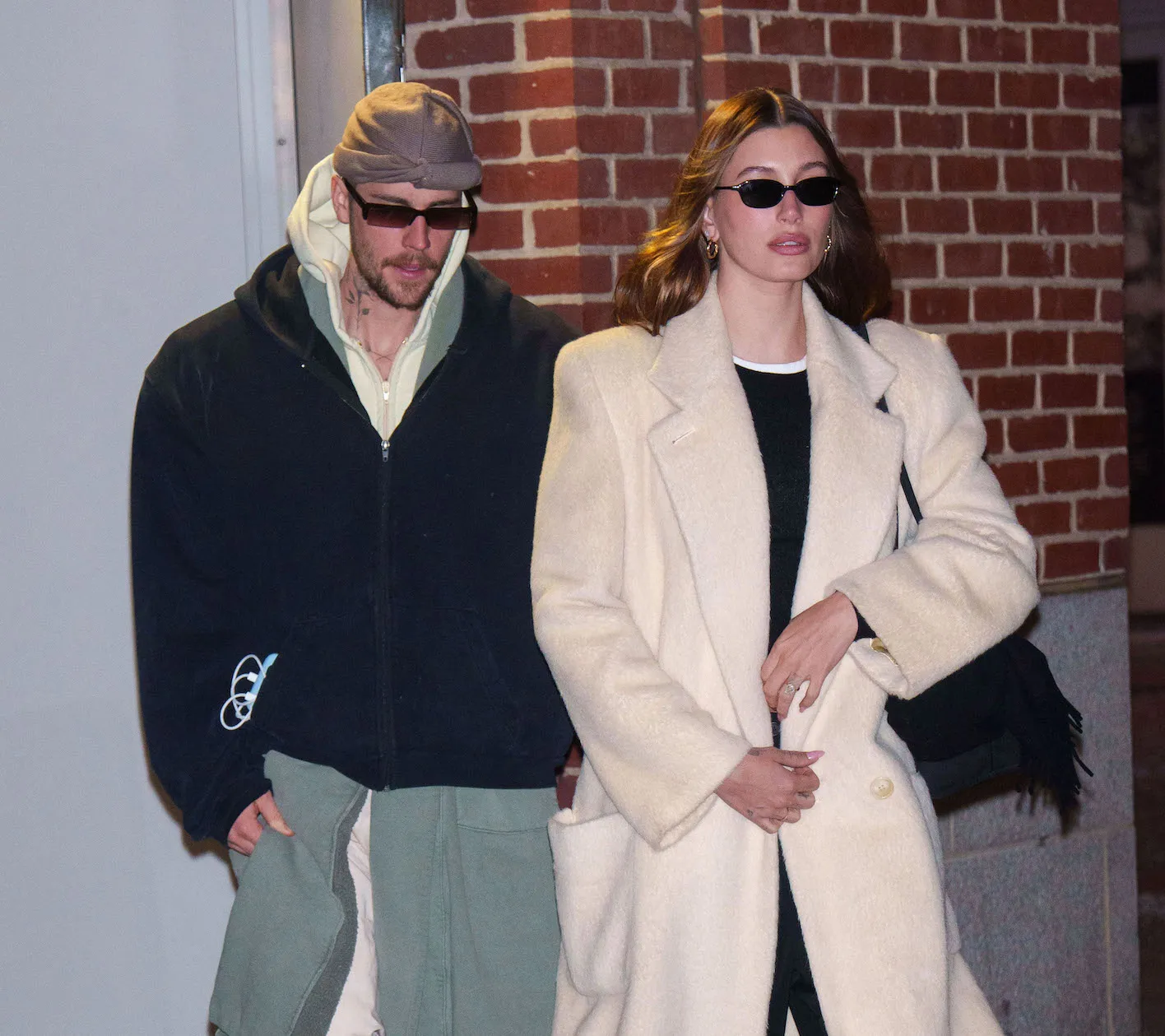How the Real World Influenced the Gotham City of Todd Phillips’ ‘Joker’
Comic book aren’t traditionally known for their realism. Once upon a time, the best way to adapt characters like Batman for the screen was to embrace the silly, campy side of the material. Superman: The Movie and 1989’s Batman began to change that, proving filmmakers could treat comics with respect. But few comics-inspired films take themselves as seriously as Joker.
Director Todd Phillips’ film presents a stark contrast to its comic book movie contemporaries. The Marvel Cinematic Universe and even other DC Comics films — such as Wonder Woman and Shazam! — lean into the spectacle. But Joker tried something new and wound up earning more than $1 billion and 11 Oscar nominations.

The familiar Gotham City of ‘Joker’
Phillips admitted his approach to Joker is heavily inspired by late 1970s/early 1980s New York City. The director even tried to channel his own memory of growing up in developing the film’s script. As a result, Joker‘s Gotham bears more than a passing resemblance to New York.
“You start talking about being in New York in the early-80s, late-70s, garbage strikes, what New York looked like,” Phillips said at a recent event. “Everything in the movie was run through a very realistic lens.”
Phillips likewise openly acknowledges the influence of Martin Scorsese’s films made around that time. More specifically, Joker has yielded comparisons to 1976’s Taxi Driver and 1982’s The King of Comedy. So it stands to reason why Phillips’ movie would feel ripped straight off of Scorsese’s filmography.
How real-life politics played into it
More than just basing Joker on a real time and place, Phillips said current politics affected how he approached the movie. The film does deal directly with social unrest, class warfare, and violent protests. And right now, the political divisiveness out there mirrors that to a degree. And Phillips believes an absence of empathy underscores it all.
“There is a loss of empathy in the world that we all feel nowadays. … Everything else was built on that,” Phillips said. “What if you grow up in a world without empathy? What if our Gotham was a cold, dark place full of people who don’t really give a sh*t about each other? That’s where this villain comes from.”
Building a villain origin story on the back of real-life issues isn’t inherently a bad idea. But some fans and critics don’t believe Joker digs deep enough into the social commentary it tries to make. Arthur Fleck (Joaquin Phoenix) certainly falls victim to the harsh society around him. But with no semblance of light, the crushing bleakness of Joker loses a bit of its intended impact, some argue.
‘Joker 2’ could expand these themes
Of course, now that Joker has become a monstrous hit, Phillips has the chance to expand on his vision. Made for a reported budget of $55 million, the film has exploded into a phenomenon. Phoenix is all but certain to win his first Academy Award for his performance. And Warner Bros. is naturally anxious to capitalize on Joker‘s commercial success.
Although the studio has not green-lit Joker 2, a sequel feels inevitable. Phillips has repeatedly talked about his and Phoenix’s willingness to explore the notion of coming back. But the story has to be right, especially for Phoenix, who has never made a sequel. The way Joker ends, Arthur’s story is only beginning. So there is definitely room to develop him further.
What remains to be seen is how Phillips will continue the story without compromising the dark tone. Will he tease the emergence of a certain Dark Knight? Will Joker 2 pick up right where the first film ended? With so many questions in the air, we’ll be watching for that sequel announcement. At this point, we all know it’s coming.


